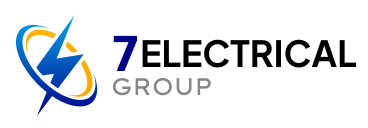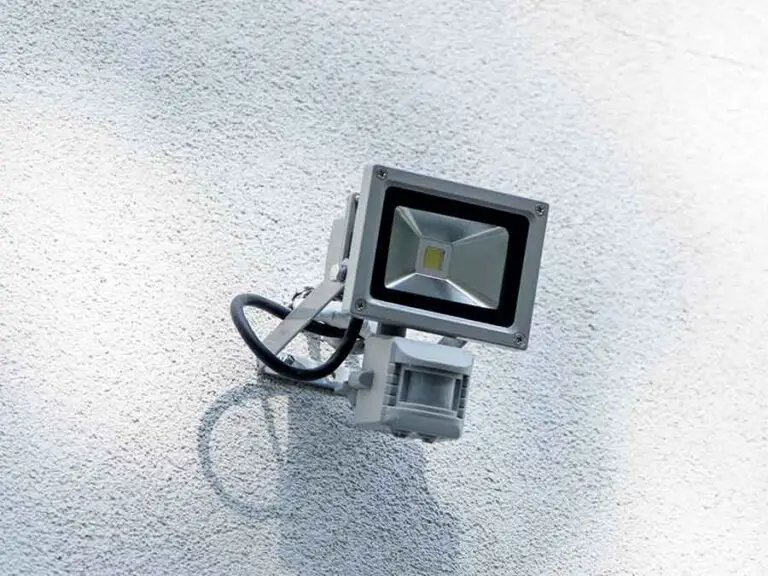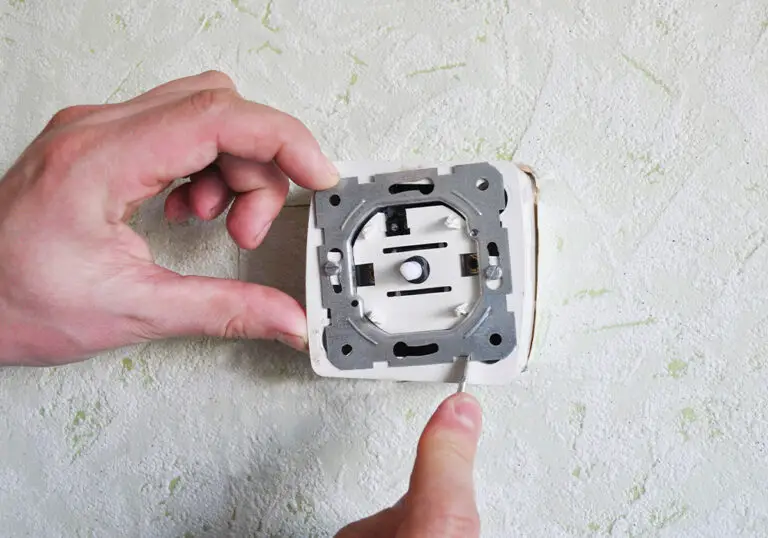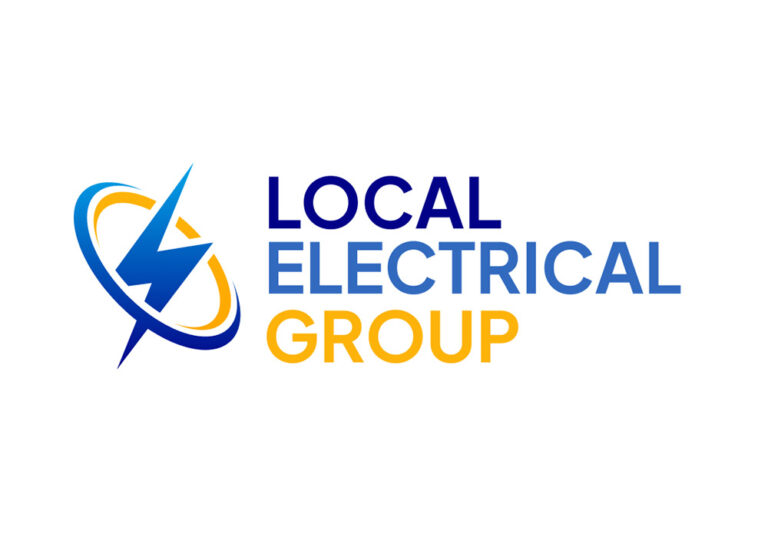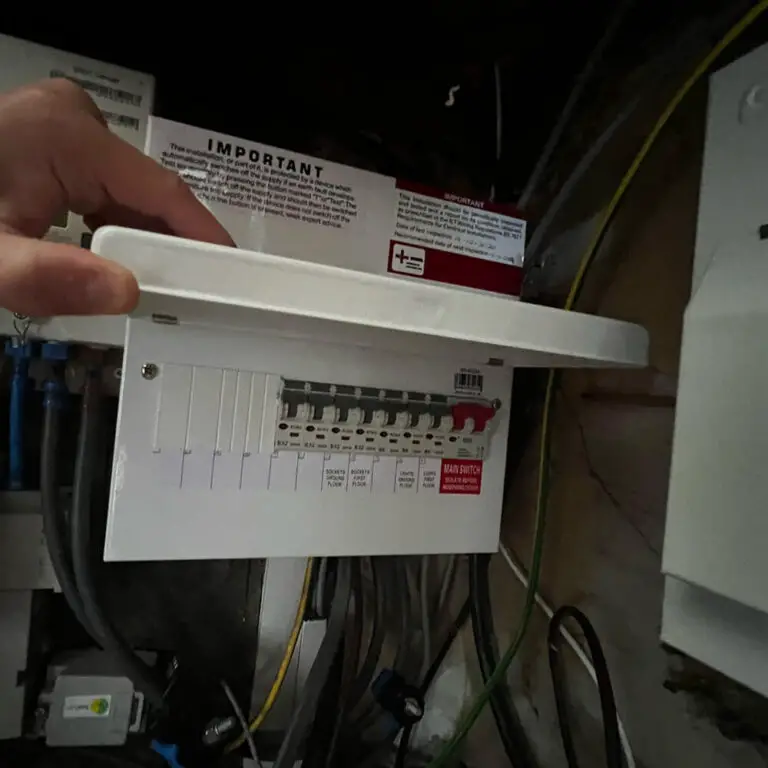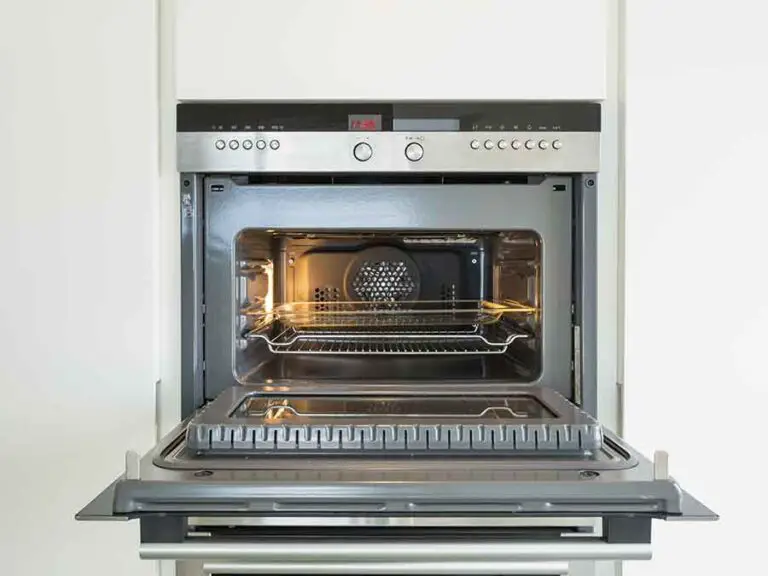Is it Safe To Leave Extension Cords Plugged In?
Extension cords are a common household item, providing power to various devices and appliances when wall sockets are in short supply. While these cords can be a practical solution, it’s essential to understand the risks involved in leaving them plugged in when not in use. When determining if it is safe to leave extension cords plugged in, it’s important to consider potential fire hazards, electrical risks, and the impact on energy consumption.
Research, such as the study by the National Electrical Safety Research Institute, has found a correlation between prolonged extension cord usage and increased fire hazards. The risk arises from continuous power flow and possible overheating, which could lead to electrical fires. Furthermore, electrical hazards, such as short-circuiting, can cause serious damage to equipment and pose a danger to your safety.
To ensure the safe use of extension cords, it’s crucial to implement proper safety measures and practice good habits. Unplugging extension cords when not in use significantly reduces the risk of fire, electrical hazards, and energy wastage. In addition to unplugging, regular inspection for damage and appropriate load management can also help keep your home and devices safe.
Key Takeaways
- Prolonged extension cord usage can lead to fire and electrical hazards
- Unplugging extension cords when not in use reduces risks and saves energy
- Implementing safety measures ensures safe and efficient extension cord use
Understanding Extension Cords
Extension cords are incredibly useful in allowing you to power devices from a distance, connecting them to wall sockets that may be out of reach. However, you must understand the safety considerations of using extension cords to prevent potential hazards and accidents.
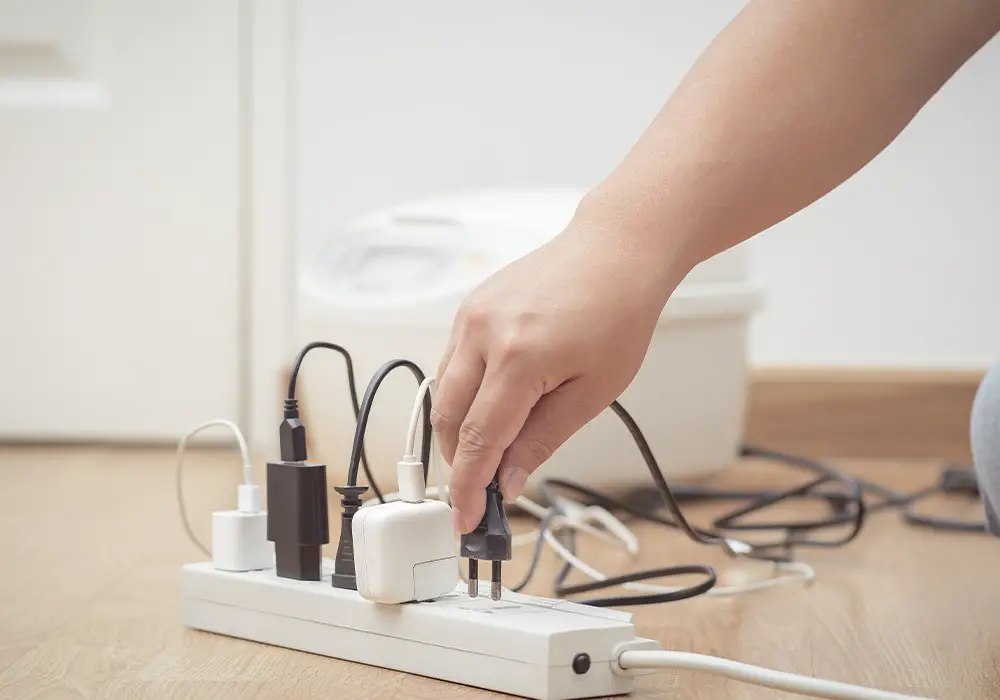
Firstly, the continuous use of extension cords is not recommended. This is because leaving the extension cord plugged in for extended periods may increase the risk of overheating and electrical mishaps. In fact, over 50 people have lost their lives due to extension cords being left plugged in permanently.
To ensure your safety while using an extension cord, you should:
- Avoid overloading: Do not plug in too many devices into a single extension cord. Overloading may lead to overheating and fires. You can use an online calculator to check if your sockets are not overloaded.
- Inspect the cord: Before using your extension cord, examine it for any signs of wear or damage. Replace the cord if you notice any cracks, exposed wires, or damage to its insulation.
- Choose the right cord: Use an extension cord appropriate for the devices you are connecting to it. Match the power requirements of your devices with the maximum capacity of the extension cord to avoid overloading.
In general, extension cords should not be used as permanent electrical outlets. They are designed for temporary use, and leaving them plugged in when not in active use can pose a risk to your safety. Instead, consider having additional wall sockets installed in areas where you frequently need them. This will allow you to minimise the use of extension cords and significantly reduce the risks associated with them.
Possible Risks of Leaving Extension Cords Plugged In
Leaving extension cords plugged in for extended periods could pose some safety risks, and it is essential to be aware of these hazards.
Overheating and Fire Hazards: One of the primary concerns is overheating, which can ultimately lead to a fire. Overloaded cords or cords covered by rugs or furniture restrict airflow, causing them to heat up. This may result in insulation damage, melted wires, and even electrical fires.
Electric Shock: Tangling or coiling your extension cord is unsafe, as it may damage the cord. If there’s contact with the bare wire, it could lead to electric shocks. Regularly inspect your cords and be cautious, especially if you have children or pets around.
Increased Energy Consumption: Although leaving an extension cord plugged in may only use a small amount of electricity, this charge can build up if the cord remains plugged in continuously. If conserving energy is important to you, it’s best to unplug the extension cord when it’s not in use.
Potential Overloading: Using extension cords to supply power to several devices simultaneously may increase the risk of overloading the sockets. When too much current is drawn from a single socket, it can lead to overheating and possible fires. It is crucial to ensure that you aren’t overloading sockets and to use a dedicated circuit for devices with high power consumption such as air conditioners or washing machines.
By being aware of these risks associated with leaving extension cords plugged in, you can take the necessary precautions to ensure the safety of yourself and your home.
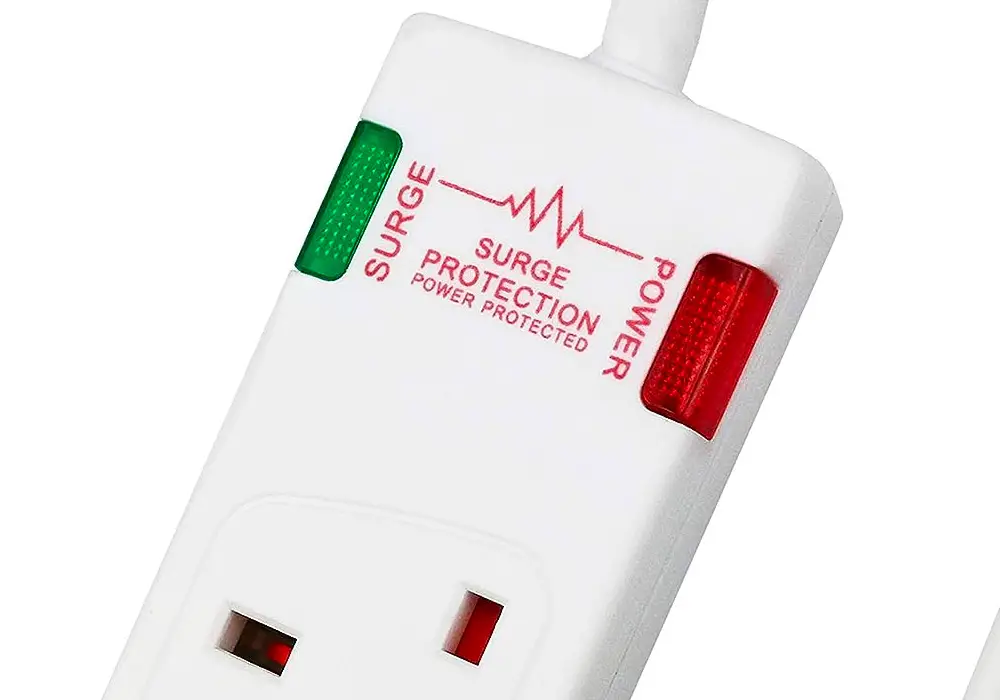
Fire Hazards
Overheating and Electrical Fires
Leaving extension cords plugged in for extended periods can lead to overheating, which poses a significant fire hazard. Overloaded cords or cords that are covered by rugs or furniture restrict airflow, causing them to heat up. This can result in insulation damage, melted wires, and even electrical fires. To avoid this, be mindful of not overloading your extension leads and ensure that they are not covered or obstructed.
Potential for Existing Wire Damage
Damaged cords with exposed wires pose a serious risk of electric shocks and fires. Using cords in wet areas or where they might be subject to damage from frequent bending, twisting, or accidental impacts can exacerbate the risks associated with extension cord use. It is important to inspect your extension cords regularly for any signs of wear or damage. To reduce risks, use cords specifically designed for outdoor use in wet areas and take care to protect them from mechanical hazards.
Electrical Hazards
Effects on Home Wiring System
Leaving extension cords plugged in for extended periods can lead to overheating, posing a significant fire hazard. Overloaded cords or cords that are covered by rugs or furniture restrict airflow, causing them to heat up. This can result in insulation damage, melted wires, and even electrical fires. The overheating can also affect your home’s wiring system, leading to damaged circuits and potential safety hazards.
Apart from that, poor quality or damaged extension cords can cause electrical shocks, posing a risk to you and your family. So, it is essential to always check the condition of your cords and use them with caution.
Risk of Surges and Shorts
Extension cords left plugged in can increase the risk of surges and shorts, which can damage your electronic devices. Surges can occur due to various reasons, such as lightning strikes, power outages, or faulty wiring.
If your extension cord is not surge-protected, it may not prevent damage to your devices, like televisions, computers, or other sensitive electronics. On the other hand, shorts might occur if the wires within the extension cord become damaged or frayed. This increases the risk of electrical accidents and potential damage to your home’s wiring system.
To minimise the risks associated with extension cords, it is best to only use them when necessary and unplug them when not in use. Ensure that you choose high-quality cords with the appropriate power rating for your devices and avoid overloading sockets. Additionally, keep cords visible and away from heat sources, water, or any objects that may damage them.
Impact on Energy Consumption
Leaving extension cords plugged in might have a slight impact on your energy consumption. When an extension cord is plugged into an outlet, a small charge may be used, especially if the cord has an indicator light. This light offers stability and instant access to electricity, but it contributes to the overall energy consumption in your home.
It is worth noting that the main energy waste occurs when electrical appliances are plugged into the extension cord and left in standby mode or turned off. These devices continue to draw power, which is called phantom load or standby power. To minimise the energy consumption in your home, consider unplugging devices that are not in use or investing in energy-saving solutions like smart plugs.
Additionally, prolonged use of extension cords can lead to overheating, which could cause electrical mishaps or even fires. Not only does overheating pose a risk to safety, but it can also increase your energy consumption as the cord’s efficiency decreases.
To ensure the safe and efficient use of extension cords, follow these guidelines:
- Choose extension cords with suitable ratings for the devices you intend to use.
- Avoid chaining multiple extension cords together.
- Keep the area around extension cords clear and well ventilated.
- Regularly check for any signs of wear, fraying, or damage.
By following proper usage guidelines and unplugging devices when not in use, you can reduce the impact of extension cords on your energy consumption and maintain a safer home environment.
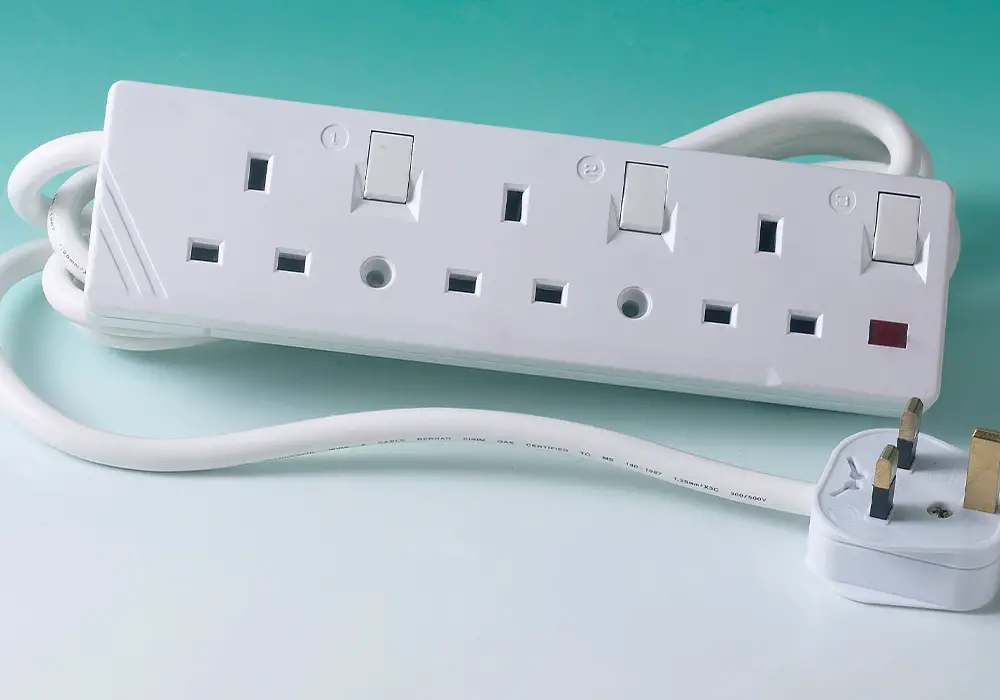
Safety Measures When Using Extension Cords
Selecting Quality Extension Cords
When choosing an extension cord, ensure it’s of high quality and suitable for your needs. Look for cords that have been tested and approved by a recognised safety agency, such as the BSI or CE. Select cords with a suitable length for your specific application, but avoid excessively long cords as they can pose a trip hazard.
- Choose cords with a sufficient amperage rating for the devices you’ll be using.
- Ensure cords have a built-in fuse for added safety.
- Opt for cords with a three-prong (grounded) plug when using appliances requiring grounding.
Proper Use of Extension Cords
Using extension cords properly is crucial for your safety. Follow these guidelines:
- Avoid overloading the extension cord by only plugging in devices within its rated amperage capacity.
- Make sure the cord is fully inserted into the power outlet, and the plug of your device is fully inserted into the extension cord.
- Never run extension cords under carpets, rugs, or in tight spaces where heat cannot dissipate as this may increase the risk of fire.
- Keep cords away from water and wet surfaces to reduce the risk of electrical shock.
- Do not use extension cords as a permanent power solution; use them temporarily when required.
- Unplug the extension cord when not in use to conserve energy and reduce the risk of electrical hazards.
Safe Storage Practices
Storing your extension cords correctly is essential to maintain their condition and prolong their lifespan.
- Always coil extension cords in a looped manner, without kinks or knots, to prevent damage.
- Store cords in a dry, cool area, away from direct sunlight and excessive heat.
- Inspect your cords regularly for signs of damage, such as fraying and broken prongs. Dispose of damaged cords properly to avoid accidents.
- Keep cords away from pets and children to prevent them from chewing on or playing with the cords.
